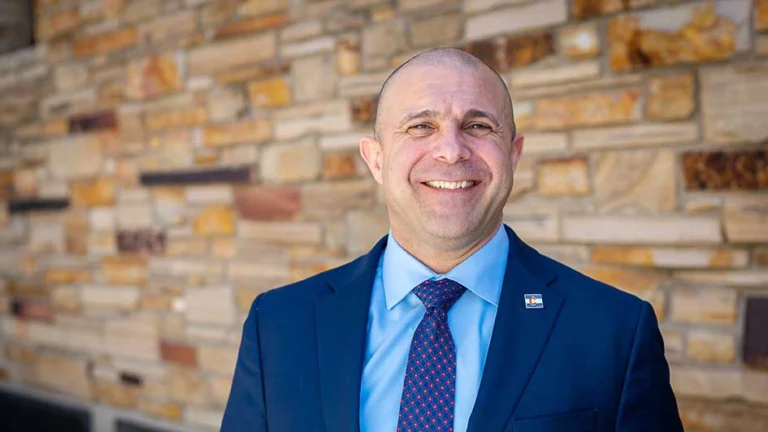COLORADO SENATE DISTRICT 8 CANDIDATES SQUARE OFF IN EAGLE
Matt Solomon, the Republican candidate for Senate District 8, promised a boring discussion before the start of Thursday night’s debate hosted by Moving Mountains Eagle…

Matt Solomon, the Republican candidate for Senate District 8, promised a boring discussion before the start of Thursday night’s debate hosted by Moving Mountains Eagle…
Greenwood Village, CO – For three years, Governor Jared Polis has refused to submit a waiver to the Environmental Protection Agency (EPA) that would prevent hardworking…

August 8, 2022 – Dylan Roberts, the representative for House District 26 and candidate for Senate District 8, believes he’s a champion for small businesses…

August 2, 2022 – After several tragic instances of school shootings over the years, America is appropriately focused on protecting our children and school staff…